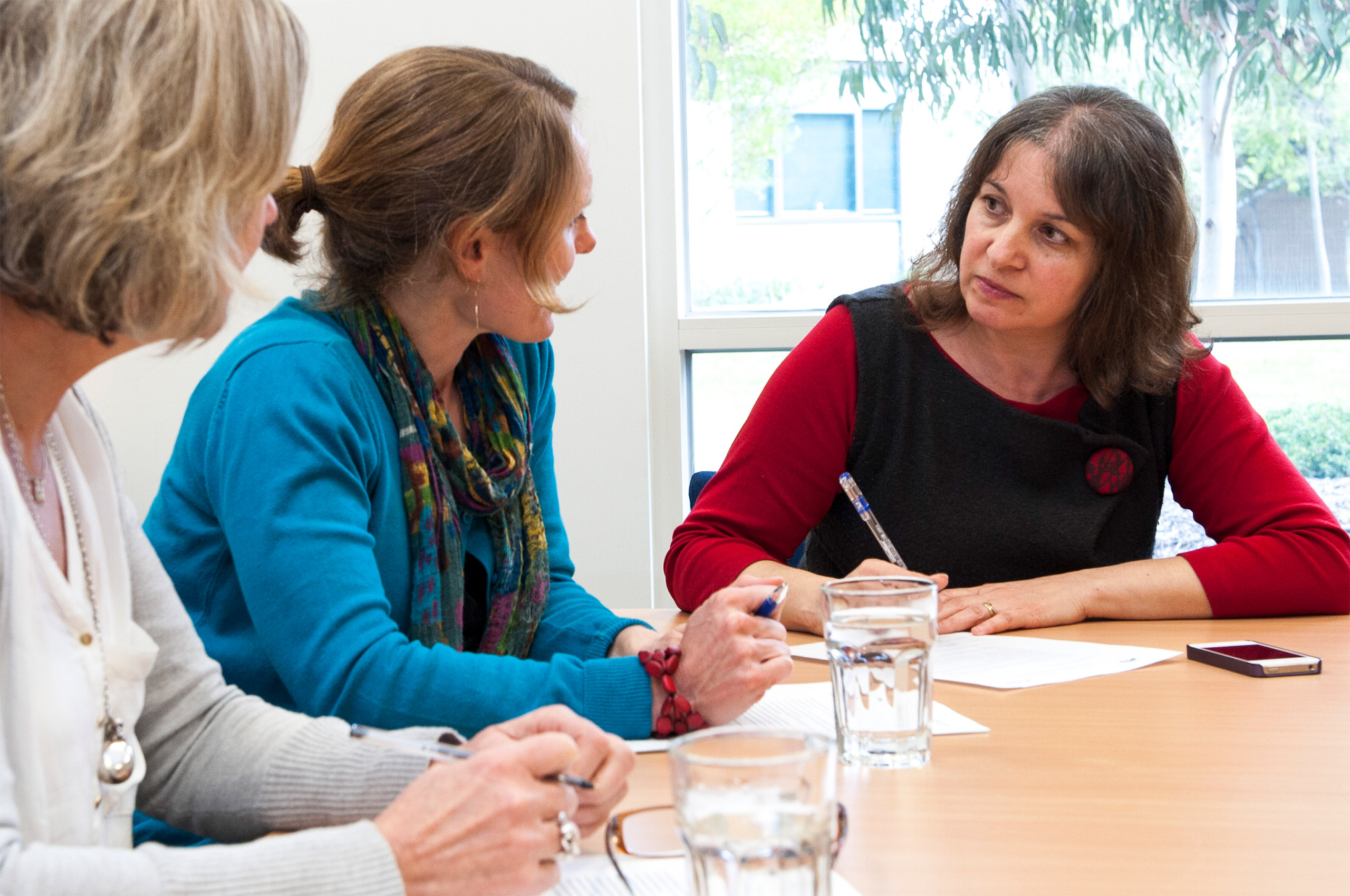Models and frameworks

Our models and frameworks support services to deliver family inclusive practices.
We developed a framework for a comprehensive service response to the client’s family and social network.
The framework was developed in consultation with:
- client/consumer and carer peak bodies
- service providers
- funders.
View the From Individuals to Families framework [PDF 727.9 KB].
The framework aims to help translate research evidence around the importance of family involvement in treatment and care into practice in both adult mental health and alcohol and other drugs services.
The ideas presented are intended to guide both individual services and groups of services within a given geographical catchment area in determining how they can best involve families.
Single Session Family Consultation (SSFC) is an approach informed by Single Session Therapy (SST) and the family consultation model - a brief family engagement process originally developed in mental health services in the United States.
It consists of one to three consultative meetings between a worker and family, including the primary client. The aim of these meetings is to clarify the nature of family involvement in the work with the client and to help the whole family identify and respond to their own needs.
Special attention is given by the worker to negotiating with the client about what they would like discussed, what they would prefer remain private and how to handle any difficulties, should they arise.
Learn more about SSFC in our self-paced online course, Single Session Family Consultation.
Behavioural Family Therapy (BFT) is a structured psycho-educational model of family intervention. It aims to equip families with the skills they need to cope with the inevitable difficulties they face on a day-to-day basis.
It is a practical skills-based intervention that usually takes 10-14 sessions to deliver. Behavioural Family Therapy is a well-established family intervention used in numerous research studies across the world.
It has been shown to reduce relapse and promote recovery in people experiencing mental health difficulties and improve the wellbeing of other family members.
The Multiple Family Group (MFG) is a psycho-educational group intervention that promotes recovery for consumers and their families. It provides a forum for mutual support and problem solving and increasing social networks.
Research on the effectiveness of MFGs demonstrates reductions in relapse and re-admission as well as other benefits including improved participation in rehabilitation and employment by consumers.
The model was first developed in the United States and used in other areas including Scandinavian countries and Australia. It is employed as an intervention in relation to schizophrenia and a range of other mental health and physical conditions.